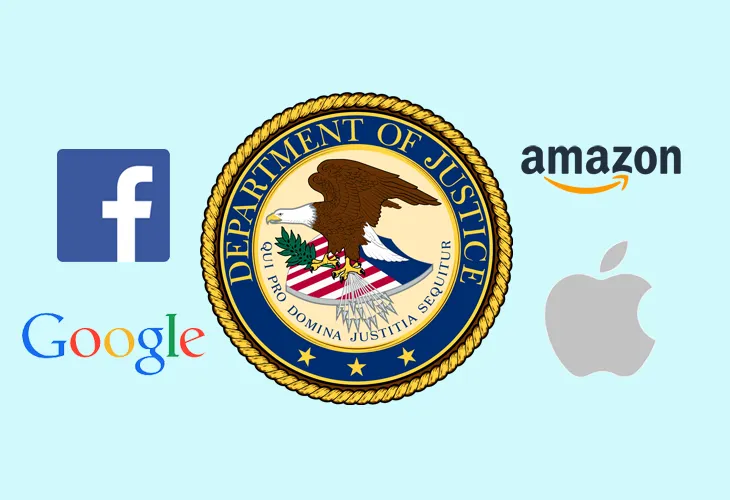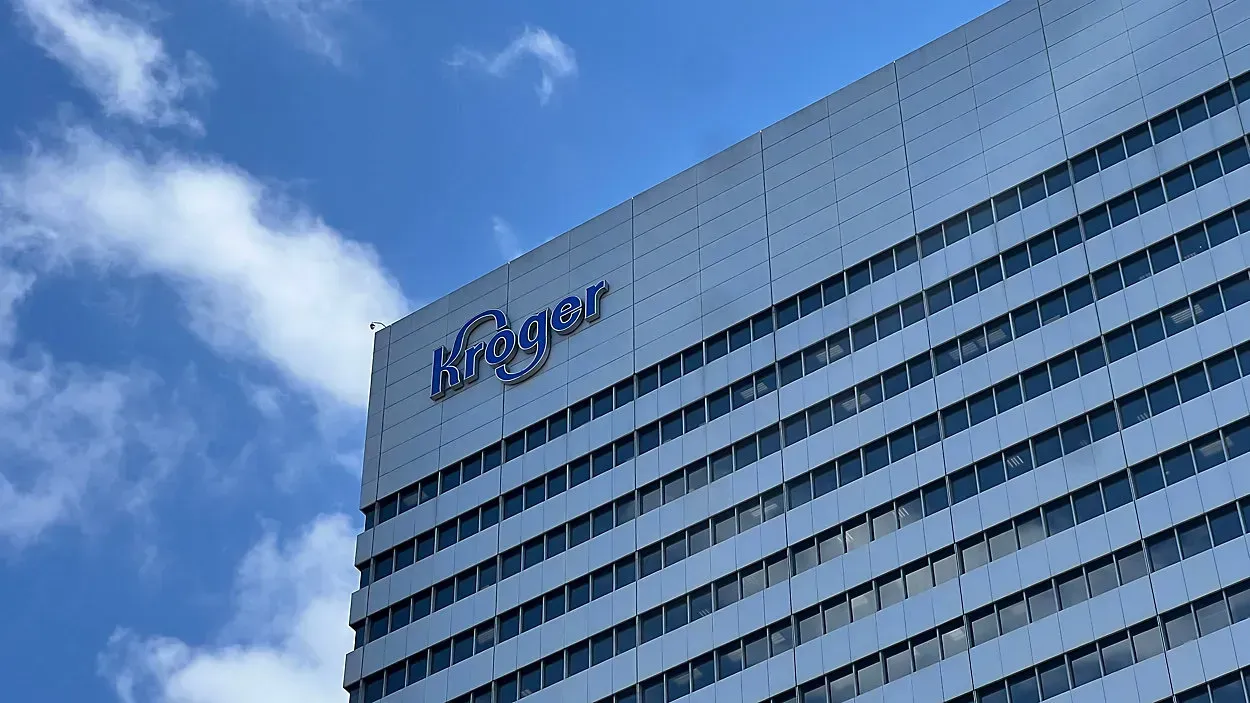The nation’s top consumer-facing technology companies, including e-commerce powerhouse Amazon, will encounter increased scrutiny from the federal government. The Department of Justice late last month announced that it is looking into the business practices of “market-leading online platforms,” an elite group led by Facebook, Google and Apple, as well as Amazon. Overseen by the department’s antitrust division, the investigation will explore complaints from consumers, rivals and entrepreneurs asserting that the big tech companies are stifling competition.
 “Without the discipline of meaningful market-based competition, digital platforms may act in ways that are not responsive to consumer demands,” said assistant attorney general Makan Delrahim. “The department’s antitrust review will explore these important issues.”
“Without the discipline of meaningful market-based competition, digital platforms may act in ways that are not responsive to consumer demands,” said assistant attorney general Makan Delrahim. “The department’s antitrust review will explore these important issues.”
With the move, the DOJ joins the Federal Trade Commission in intensifying oversight of the burgeoning technology sector. The FTC established a task force in February charged with investigating anticompetitive conduct. An FTC spokesman said that the group is modeled on the agency’s 17-year-old Merger Litigation Task Force, which he credited with revitalizing enforcement action in the hospital industry and retailing, especially the food, beverage and supermarket sectors.
“Technology markets, which are rapidly evolving and touch so many other sectors of the economy, raise distinct challenges for antitrust enforcement,” said Bruce Hoffman, director of the FTC’s Bureau of Economics, which works closely with the agency’s technology task force. “By centralizing our expertise and attention, the new task force will be able to focus on these markets exclusively — ensuring they are operating pursuant to the antitrust laws, and taking action where they are not.”
When it comes to Amazon, one member of the Trump administration apparently thinks that regulators need to step in immediately. During an appearance on CNBC’s “Squawk Box,” Treasury Secretary Steve Mnuchin noted, “I think if you look at Amazon, although there are certain benefits to it, they’ve destroyed the retail industry across the United States, so there’s no question they’ve limited competition.”
While Mnuchin’s comment accurately reflects widespread anxiety about Amazon’s rapid rise and the pressure it has put on traditional retailers, it is a hyperbolic assessment. Walmart remains the dominant retailer in the U.S. and globally. And, as Jeff Bezos, Amazon’s founder, chairman and CEO, recently pointed out, 90% of sales still go through brick-and-mortar stores.
The emergence of Amazon can legitimately be viewed as a case of creative destruction, but the entity being upended is a business process, not a class of trade. Developed by the Austrian economist Joseph Schumpeter, creative destruction is a concept where major innovations like e-commerce are seen as recasting and rejuvenating the market. Established players need to respond effectively to the new conditions or risk obsolescence.
Amazon is embracing that catalytic role in mass market retailing. The company once again demonstrated its ability to strike a chord with consumers on Prime Day in mid-July. The event, which actually lasted two days, gave members of the Amazon Prime subscription service access to more than a million deals.
Sales topped those of 2018’s Black Friday and Cyber Monday combined, according to the company. Equally important, more people signed up as Prime members than in any other two-day period. Being part of the program predisposes consumers to turn to Amazon first when making many purchases.
The company continues to put a premium on innovation. When Amazon reported second quarter results late last month (net profits rose 3.6% to $2.6 billion on a 20% increase in sales to $63.4 billion), it highlighted 42 recent developments. The diverse list, encompassing everything from potential applications for artificial intelligence to new and enhanced technology products and expanded grocery delivery, demonstrates that the company has no intention of sitting back and resting on its laurels.
One thing that officials at the DOJ and the FTC need to keep in mind is that other companies in the retail sector are equally committed to reimagining the way they do business and finding more effective ways to meet consumer needs. They understand the transformative impact of technology and are moving quickly to close the gap in that respect with Amazon and other digitally native merchants. At the same time, as Bezos has acknowledged, Amazon has some catching up of its own to do if it wants to dominate in the omnichannel marketplace that is taking shape.
The practices of Amazon and the other tech giants are ripe for more scrutiny, scrutiny that should extended to the realms of user privacy and data security as well as antitrust issues. But regulators should realize that, in the retail sector at least, competitive forces are already at work to redress the imbalances that the arrival of Amazon has created.






